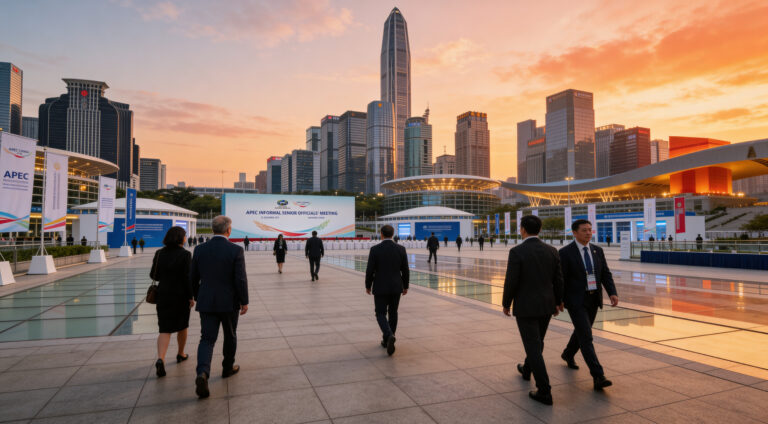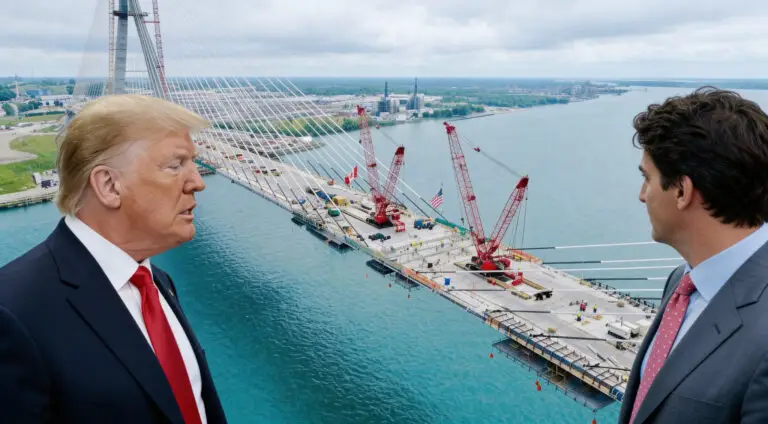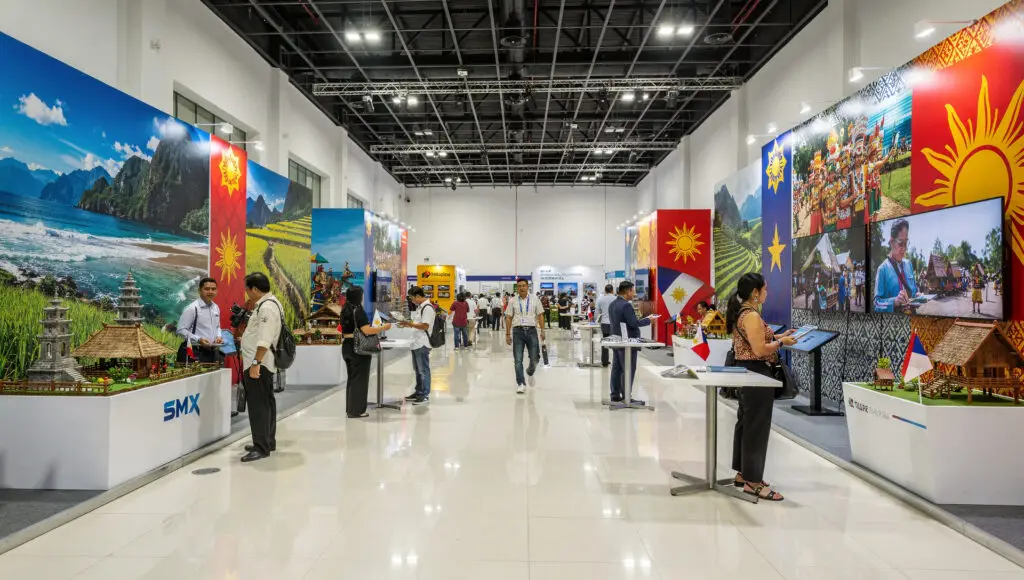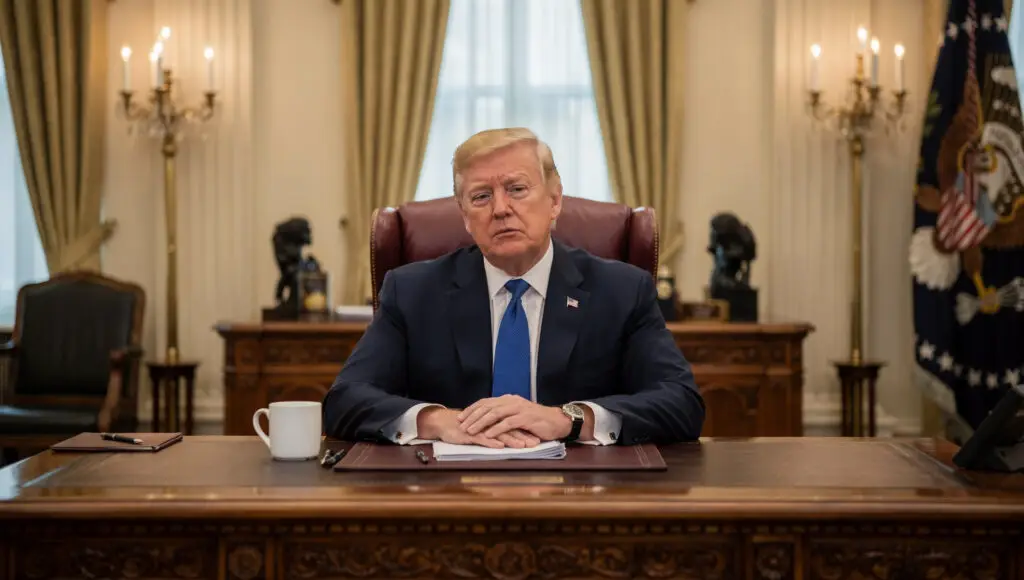Tesla and Samsung Strike Major Semiconductor Deal
Tesla has signed a $16.5 billion chip supply agreement with Samsung Electronics, a move that could revitalize Samsung’s foundry division while equipping Tesla’s future AI6 chips. Elon Musk confirmed the news on X, stating that Samsung’s Taylor, Texas chip fabrication plant will produce the chips, with Tesla assisting in optimizing production efficiency. Samsung shares jumped nearly 7% following the announcement, while Tesla’s stock also gained ahead of market open.
Musk to Be Hands-On with Chip Manufacturing
According to Musk, the new agreement involves Tesla working closely with Samsung to boost manufacturing performance. “I will walk the line personally to accelerate the pace of progress,” Musk posted, noting the plant’s convenient location near his home. He added that $16.5 billion was merely a baseline estimate, suggesting the actual production value could be significantly higher.
Samsung’s Texas Fab Gets Lifeline from Tesla
Samsung’s Taylor, Texas facility had been facing uncertainty due to a lack of major clients. It had previously delayed its operational start date to 2026 and postponed receiving chipmaking equipment from ASML. With the Tesla deal, the fab’s future looks more promising, marking a key moment for Samsung’s attempts to compete more aggressively in the global foundry market.
A Turnaround for Samsung’s Struggling Foundry Business
Samsung has long dominated memory chip production, but its foundry business—contract manufacturing for logic chips—has lagged behind. It currently holds just 8% of the global foundry market, far below Taiwan’s TSMC, which commands a 67% share. Analysts suggest this Tesla deal could help reduce the division’s heavy losses, estimated at over $3.6 billion in the first half of the year.
Production Timeline Remains Uncertain
While no specific production date for the AI6 chip was revealed, context from earlier statements suggests it could arrive by 2027 or 2028. Musk previously said the AI5 chips would begin production in late 2026, with Samsung continuing to supply Tesla’s current AI4 chips. TSMC is expected to manufacture the AI5 chips in Taiwan and Arizona. The AI6 will represent Tesla’s latest advancement in driver-assistance and autonomous systems.
Pressure Mounts from Rivals Like TSMC and SK Hynix
Samsung has faced challenges retaining clients for advanced chip production, with many opting for TSMC’s more mature process nodes. TSMC serves top-tier customers such as Apple, Nvidia, and Qualcomm. Meanwhile, SK Hynix is gaining ground in the AI chip segment. Samsung’s need to stay competitive in this capital-intensive industry has become critical to its long-term growth.
Strategic Implications Beyond the Chip Deal
The deal could also carry geopolitical implications. South Korea is seeking stronger semiconductor ties with the United States as both countries explore trade cooperation to avoid potential U.S. tariffs. While no direct link has been confirmed, the Tesla-Samsung partnership may serve broader strategic goals by tightening U.S.-Korea technological collaboration.
A Win-Win for Both Tech Giants
For Tesla, securing a dedicated chip supply close to home could reduce production delays and enable faster innovation in AI and autonomous systems. For Samsung, the deal represents a significant customer win and a much-needed boost for its foundry business. As AI becomes central to future vehicles, this partnership could shape both companies’ roadmaps for years to come.













